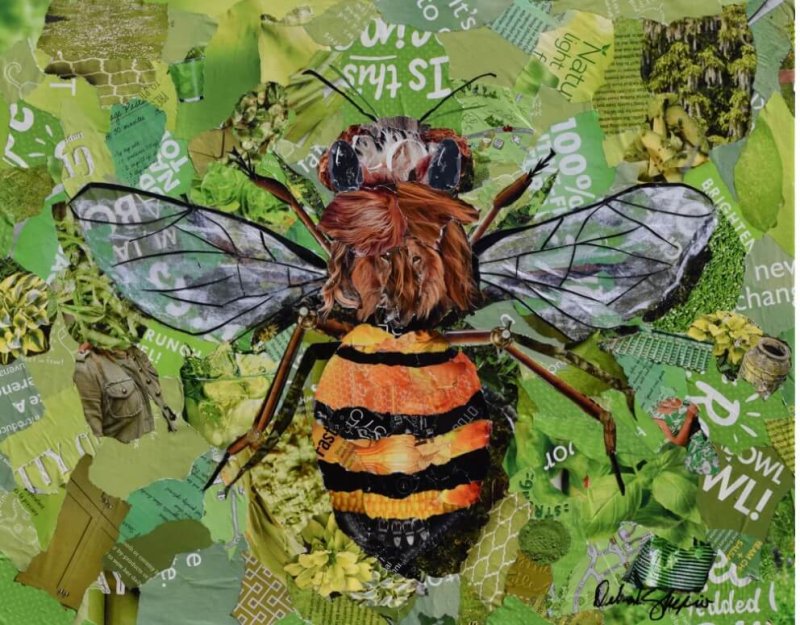When Colony Collapse Disorder (CCD) occurred around 2006 and entire colonies of honeybees died, experts and the public alike were justifiably alarmed. The campaign to “save the honeybees” somehow got entangled in our minds with “save the pollinators” and “save the planet.”
It was a misunderstanding. Yes, beekeepers are still struggling, and healthy honeybees are important, especially for commercial agriculture. But honeybees are not endangered.
In fact, there are more honeybees on the planet now than there ever have been. And that, is because we manage them, says Scott Hoffman Black, executive director of the Xerces Society, an international nonprofit focused on invertebrate conservation.
Experts may not consider honeybees endangered, but plenty of native bees are. And this means the plants that depend on them for pollination are endangered as well, putting entire ecosystems at risk. Black points out that there are at least 3,600 species of wild bees in North America, and those animals are in serious decline, many of them in danger of extinction.
…
He adds that this has gotten confusing for people. Some heard about declines in honeybees and kept hives thinking they were helping to save the bees, but Black likens that to raising chickens to save birds.































